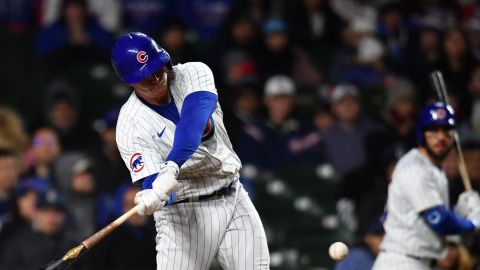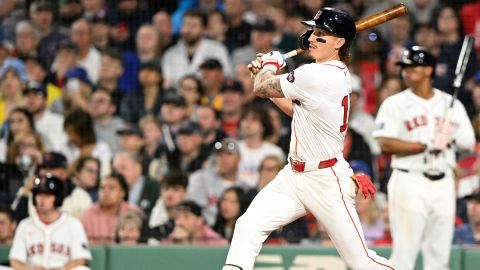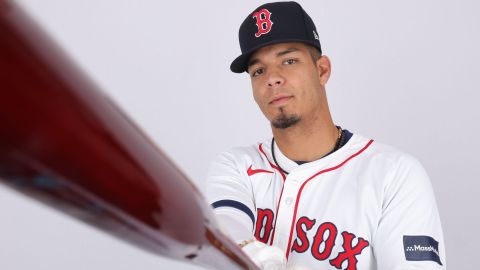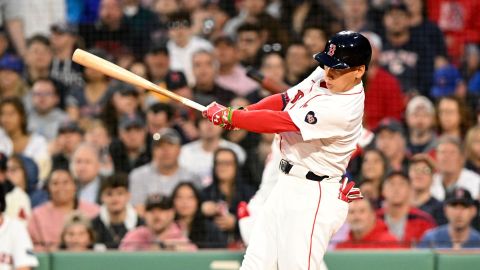The Houston Astros are moving to the AL West in 2013 and the Red Sox are in the market for a designated hitter.
While those two things might not appear related, the Astros' move may have an impact not only on the Red Sox' decision-making process, but also on the philosophy of all American League teams concerning the DH.
When the Arizona Diamondbacks and the Tampa Bay (Devil) Rays joined baseball in 1998, the Diamondbacks originally expected to join the American League. That presented a problem. With an odd number of teams in each league, the schedule would dictate that every day, either a team from each league would have an off day or there would need to be interleague play.
At the time, Bud Selig and the rest of the league decided that they weren't ready for constant interleague play. So the Diamondbacks started in the NL, the Milwaukee Brewers switched leagues and the rest of the AL shuffled around to its current configuration.
Now, in 2013, the Astros are reportedly ready to join the American League, which means that teams will begin interleague play on a much larger scale, instead of the short windows that the league currently uses for interleague matchups.
On the surface, this shouldn't be a big deal. The NFL, NBA and NHL all play in between conferences all the time with no ill effects. But the two conferences in the other sports don't play by different rules. Baseball is unique. There's no football, basketball or hockey equivalent for letting the pitcher hit.
So with teams now traveling to NL ballparks more often than normal, the relevance of the designated hitter is on the wane. Instead of the nine games that the Red Sox played without their designated hitter this season, they soon may be playing something closer to 15 games in NL stadiums.
That's nearly one-tenth of the season that an AL team could go without one of their best hitters in the lineup. If the Red Sox re-sign David Ortiz, where does Big Papi go during those 15 games? Do you take Adrian Gonzalez out of the lineup? Do you try him in right field again? (Gonzalez, not Ortiz.)
There was a lot of hand-wringing this year when the Red Sox played nine straight games in NL ballparks. Come 2013, there's a very real chance that the Sox could have that issue multiple times in the same season.
Designated hitters who can play other positions will become more valuable with the increased interleague play. The Johnny Damons of the league who can platoon in the outfield for a week or so will be a bigger asset than somebody who would displace a middle-of-the-lineup slugger because they can't play anywhere other than first base.
Of course, the changes to the schedule won't go into effect until the Astros switch leagues in two years, and the commissioner's office hasn't commented on any planned changes to its scheduling philosophy.
But as the Red Sox plan how to address their designated hitter opening this offseason, they will need to look ahead not just to 2012, but beyond. Because while this season's nine-game stretch without a DH might have been a headache for the team to figure out, a full-on migraine may be looming in the future.



